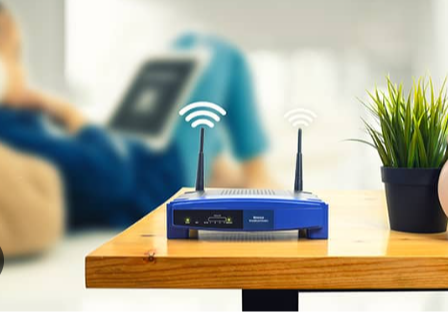Is Your Smartphone Really Spying on You?
Smartphones have become integral to daily life, yet their data collection practices often raise unsettling questions. Users frequently unknowingly share vast amounts of personal information, including location and preferences. This raises concerns about privacy and autonomy. How much influence does targeted advertising exert over choices? The implications of this digital surveillance merit closer examination. Understanding the nuances behind smartphone data collection is essential for anyone navigating this complex landscape. What might be lurking beneath the surface?
Understanding Smartphone Data Collection
Smartphones have become ubiquitous tools in modern life, but their pervasive data collection practices raise critical questions about user privacy.
Data tracking occurs continuously, often without explicit user consent, leading to concerns about autonomy. Users frequently overlook the extent of information gathered, which includes location, habits, and preferences.
This reality prompts a deeper examination of the balance between technological convenience and individual freedom.
Read more: How to Secure Your Home Network in 5 Steps
The Technology Behind Targeted Advertising
Data collection practices on smartphones serve as the foundation for targeted advertising, a mechanism that leverages user information to deliver personalized content.
Behavioral tracking plays a crucial role in gathering insights about consumer preferences, which ad algorithms analyze to optimize engagement.
This system raises questions about autonomy and freedom, as individuals navigate a landscape where their choices are increasingly influenced by unseen digital forces.
Safeguarding Your Privacy in a Digital World
How can individuals effectively protect their privacy in an era dominated by digital surveillance?
By utilizing robust privacy settings and employing data encryption, users can significantly enhance their security.
Regularly reviewing app permissions and opting for encrypted messaging services further fortifies personal information.
Awareness of digital footprints and proactive measures are essential for maintaining autonomy in an increasingly monitored digital landscape.
Conclusion
In the grand theatre of modern life, smartphones play the role of both confidant and voyeur, collecting every whispered secret and casual habit. As users scroll through personalized ads that eerily anticipate their desires, one must ponder: are we the stars of our own show or merely characters in a data-driven drama? While the convenience is enticing, the question remains—who truly holds the script? Perhaps it’s time to reclaim our narratives before our devices start writing them for us.






